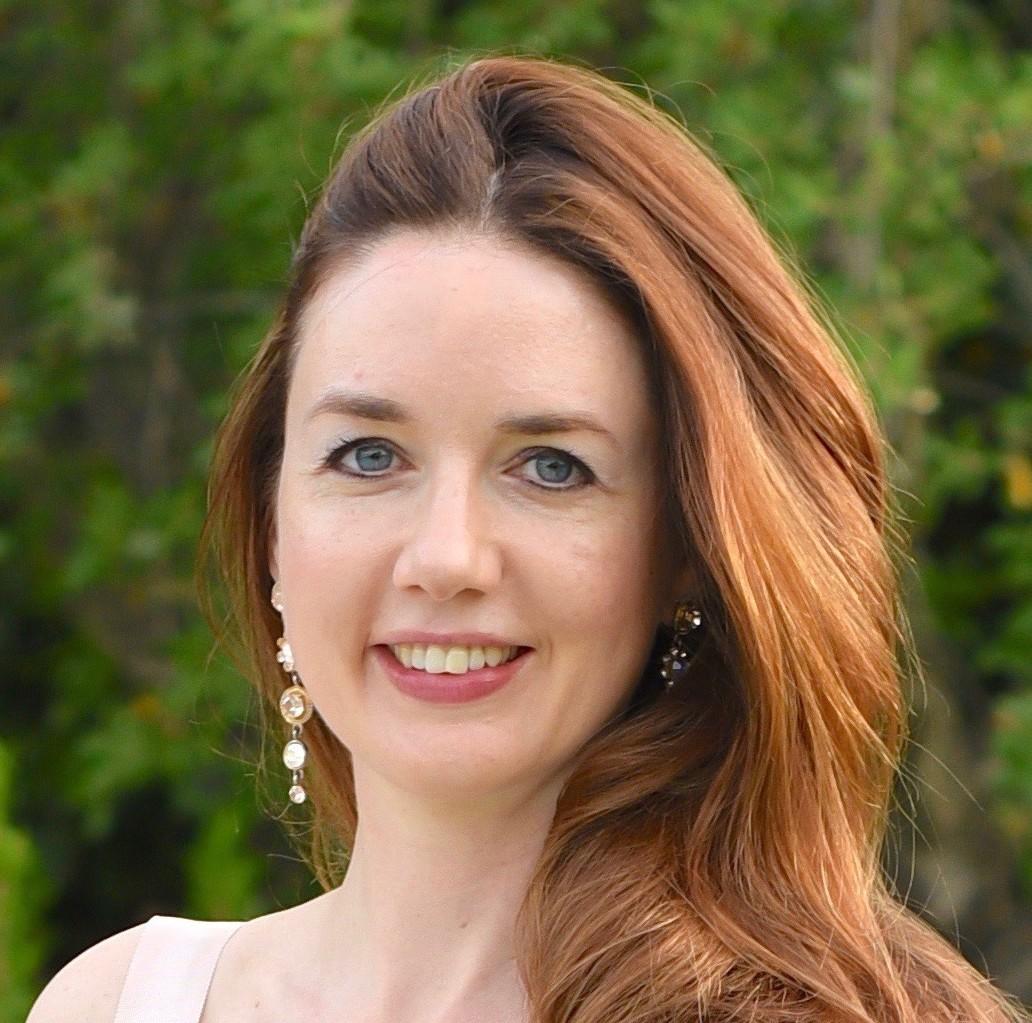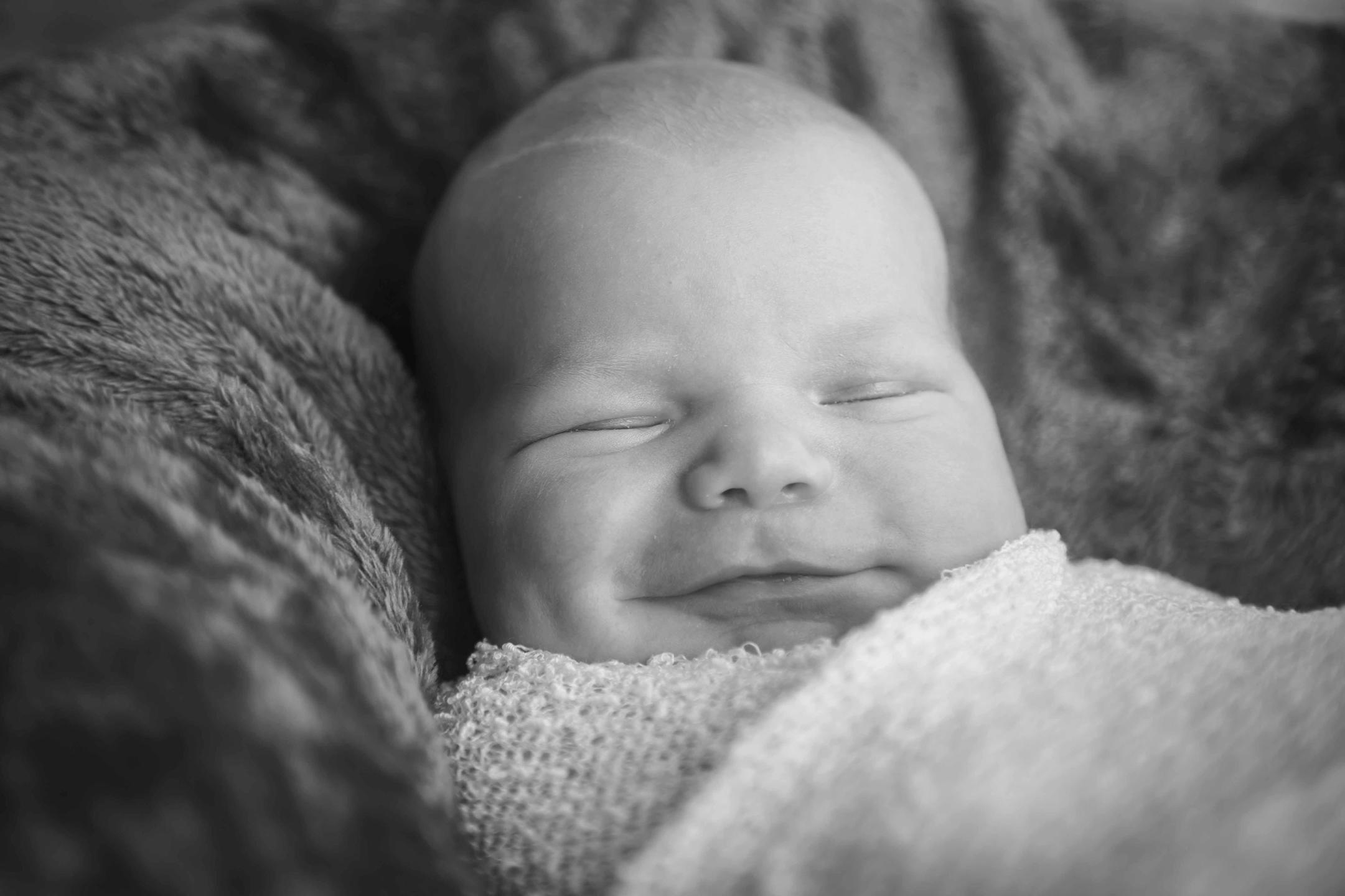Your baby’s body clock

By Angela Wilson
Certified child sleep consultant, MA Natural Sciences Cambridge University and co-founder of Baby Smiles Club
All of us have an internal body clock. And in fact so do most living beings, including animals, plants and even funghi. It’s why we’re awake in the day and asleep at night (or would be, if we weren’t being kept awake by our newborn baby ;)).
Your body clock is a 24-hour circadian rhythm that sets the pace for your body and mind. It sets your sleep-wake cycles, hormone release, body temperature and so on.
We have these internal clocks largely because of sunlight and nightfall. Here’s the science: your eyes detect when it’s light and when it’s dark, and send messages to your brain about the best times to sleep.
At night, your eyes detect the dark and tell your brain that it’s time to feel sleepy; your brain then tells your body to release melatonin (the sleep hormone), which makes you feel tired. Come morning, the light coming through your window tells your body it’s time to be awake!
It’s best to sleep at night and to be awake in the day….
Now, your body clock means that it’s best to sleep at night, and to be awake in the day. Going out of sync can cause real problems. For example:
- Shift workers, whose body clocks are routinely disrupted, are more prone to health issues.
- Feeling jet lagged after a long haul journey is because your body clock has been disrupted. (And did you know that one of the best ways to readjust to a new time zone is to get out in the daylight?).

….but tell that to your baby!
Now, we said that everyone has an internal body clock. But there’s an EXCEPTION. And that’s BABIES WHEN THEY’RE FIRST BORN!
When a baby is in their mother’s womb, their body clock is influenced by mum’s hormones and what mum is doing. But after birth, they need to develop their own body clock. And it doesn’t happen immediately. That’s why whilst you want to be asleep at 2am, your baby has other plans :)
Want some GOOD NEWS? Babies can have a fully developed body clock by 3–4 months old.
Want some more SCIENCE? Studies show that babies develop different components of their body clock between 6 and 18 weeks old. A day-night rhythm of cortisol develops at 8 weeks, melatonin rhythm and sleep efficiency develop around 9 weeks, whilst body temperature rhythm develops at 11 weeks. Cortisol and melatonin are the two hormones that are responsible for your baby’s sleep.
Helping your baby to develop their body clock
Now, one of your jobs as a parent is to help your baby develop their body clock in good time. This will really help them in getting a good night’s sleep. If their body clock is out of sync, they might be ready to party at 3am (and we’re guessing you’re not).
We explain how you can best help your baby establish their body clock in our Baby Sleep Program. It's an online program with ebook and videos, founded on the most up-to-date science about how babies sleep, and fostering and strengthening the parent-child bond.

